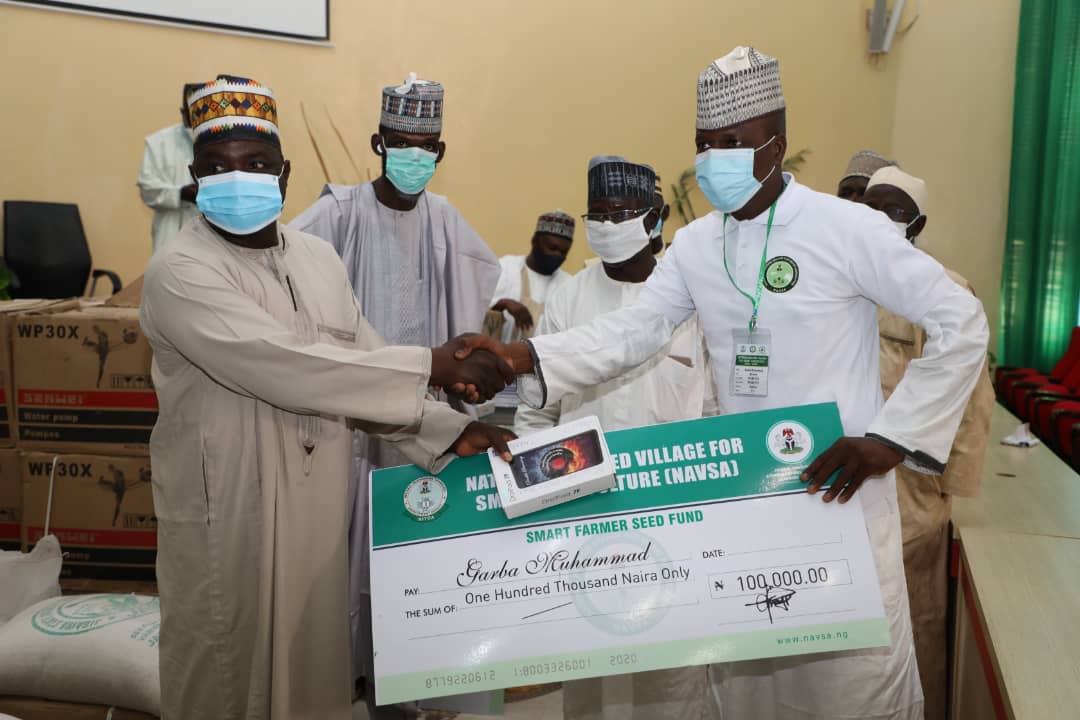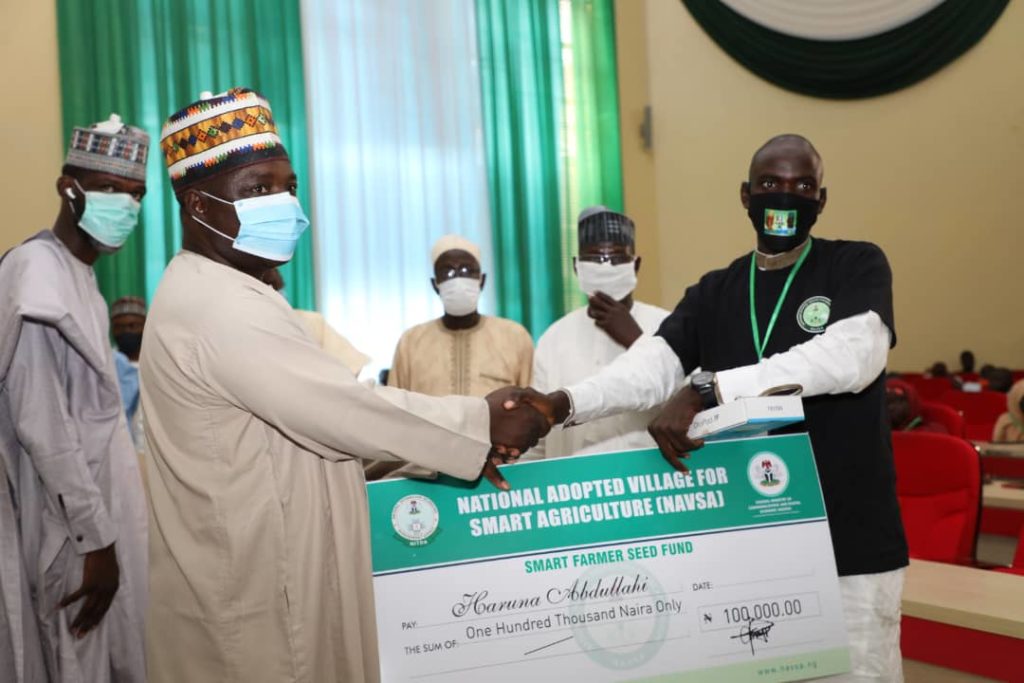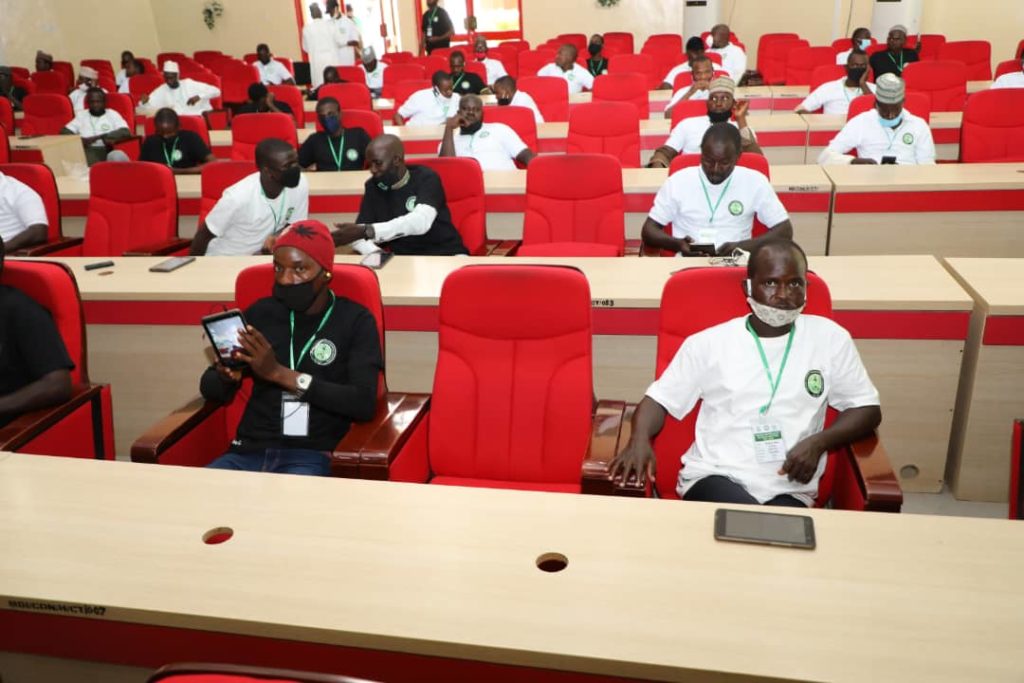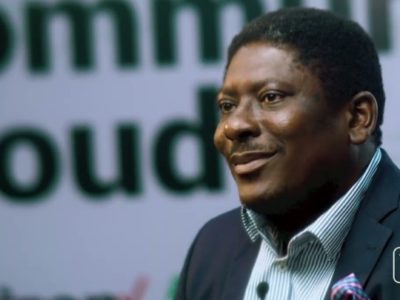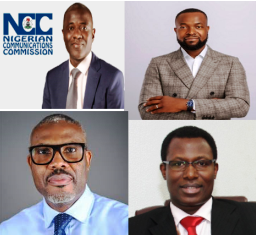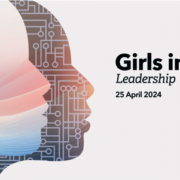The National Information Technology Agency (NITDA) has adopted 130 farmers in the National Adopted Village for Smart Agriculture (NAVSA) programme to provide Nigerian farmers with means to showcase their agro produce in the digital world market.
NAVSA is managed by the NITDA under the supervision of the Federal Ministry of Communications and Digital Economy as part of initiatives to digitise the agricultural sector which is the means of livelihood for millions of Nigerians,
Piloted in Jigawa state, the project was initiated to systematically adopt farmers across the 774 local government areas (LGAs) in the country in order to equip them with necessary digital skills that will make Nigeria one of the leading nations for smart agriculture.
In all, 130,000 beneficiaries drawn from 27 LGAs in Jigawa state were trained and also provided with smart devices, internet connectivity, seed fund worth N100,000 and certified seed during the official closing ceremony of the event that was held both physically and virtually.
The Governor of Jigawa state, Mohammed Badaru Abubakar, who attended the ceremony virtually commended Minister of Federal Ministry of Communications and Digital Economy, Dr Isa Ali Ibrahim Pantami, for the vision driving the project even as he assured that Jigawa will work to make the programme sustainable so that other farmers could also benefit.
Abubakar advised the beneficiaries not to misuse the materials and knowledge impacted on them. He maintained that the state in the last few years has produced a lot of millionaires through rice farming.
His words: “Jigawa State will remain grateful for being a chosen location to pilot this project that will alleviate poverty as well make the farmers independent in their lives.”
Pantami while delivering his special address said that there was need to come up with innovative ideas that will promote smart agriculture in Nigeria as a means of diversifying the nation’s economy, adding that Nigeria is blessed with a large fertile landmass.
He noted that the NAVSA is part of the main thrusts of the National Digital Economy Policy and Strategy for a Digital Nigeria unveiled by President Muhammadu Buhari last year. According to him. the best way to improve the output in the agricultural sector in Nigeria is through the deployment of emerging technologies.
The Director General of NITDA, Mallam Kashifu Inuwa Abdullahi stressed that the goal of NAVSA is to build digital capabilities and innovations across the agriculture value chain aimed at creating massive agro-jobs, improving the income of farmers and enhancing the wealth of all players within the ecosystem. The agriculture sector in Nigeria currently hires about 70% of the country’s workforce, said Abdullahi.
He said NITDA, together with Ministry of Communications and Digital Economy, conceived the idea of introducing digital platform for farmers in order to carry them along in the digital economy as spearheaded by Dr Pantami.
NAVSA is designed to take small scale farmers to commercial level using a performance-based approach said the NITDA’s boss adding that the project targets graduates between the age of 20 to 35 years with prerequisite knowledge to participate in agrictech project.
“There is need for farmers to join this journey towards realisation of Dr Pantami’s dream to digitise Nigeria, and this is in line with President Muhammadu Buhari’s promise to lift 100 million Nigerians out of poverty in the next few years. We believe this can only be achieved through innovations in which technology plays a vital role in terms of jobs and wealth creation,” he said.
“NAVSA will enhance digital agriculture strategy, and support federal government policy by taking advantage of the growing youth population which constitutes over 50 per cent of the estimated 200 million population. Farmers owned an estimated 82 million hectares of arable land, of which according to a research, only 42 per cent is being productively utilised. There are about 126 million active internet users, 72 million broadband subscription and 37.8% broadband penetration with a 70% target by 2025,” added Abdullahi.


